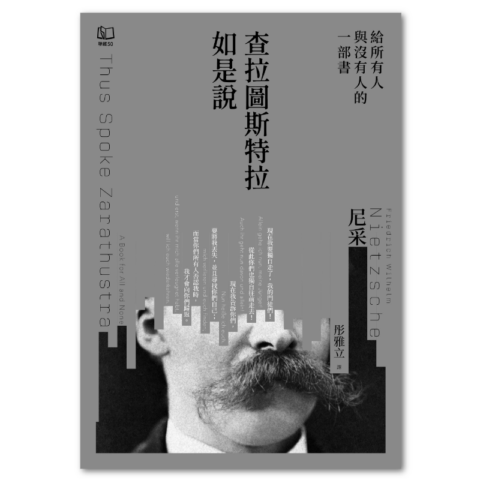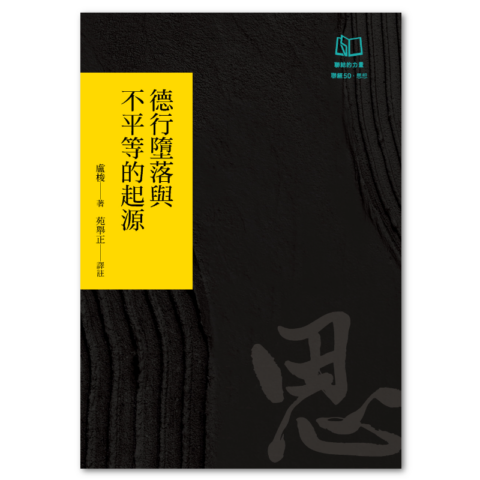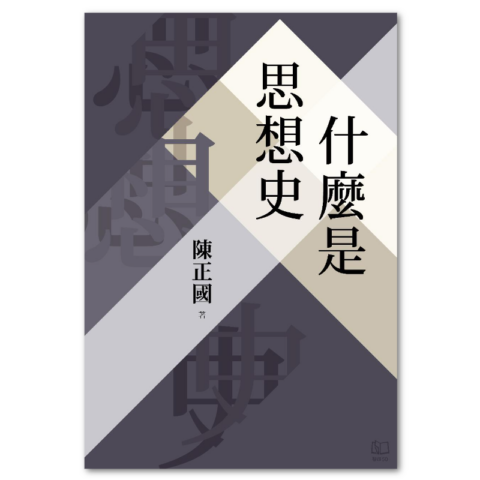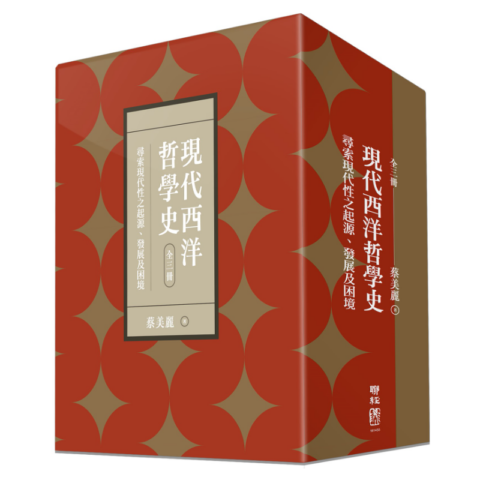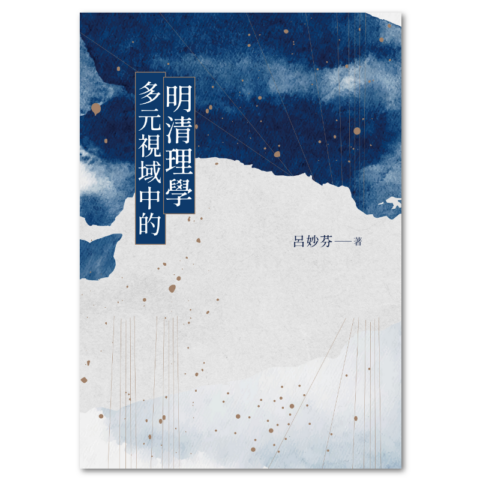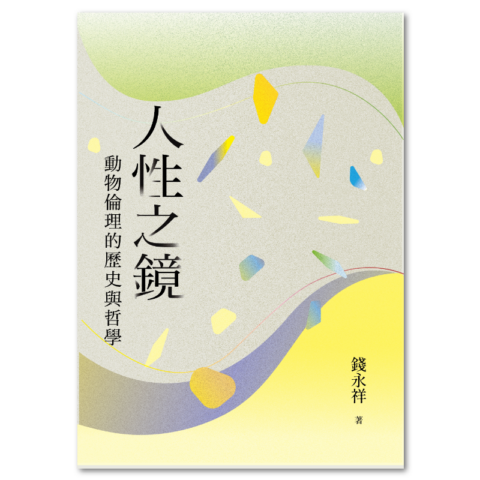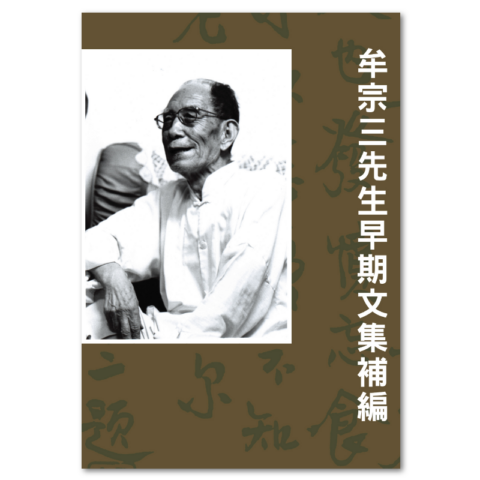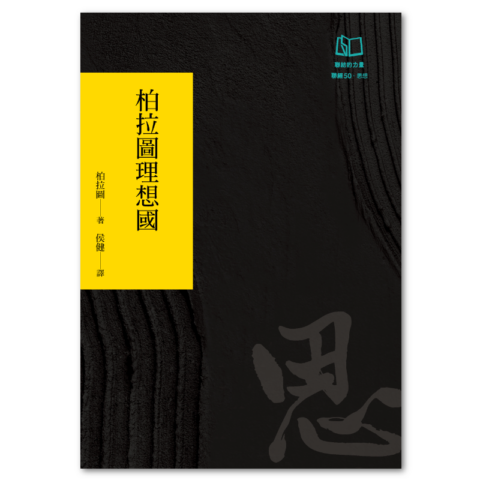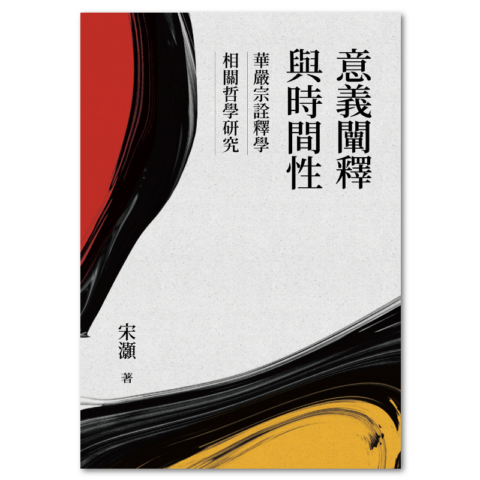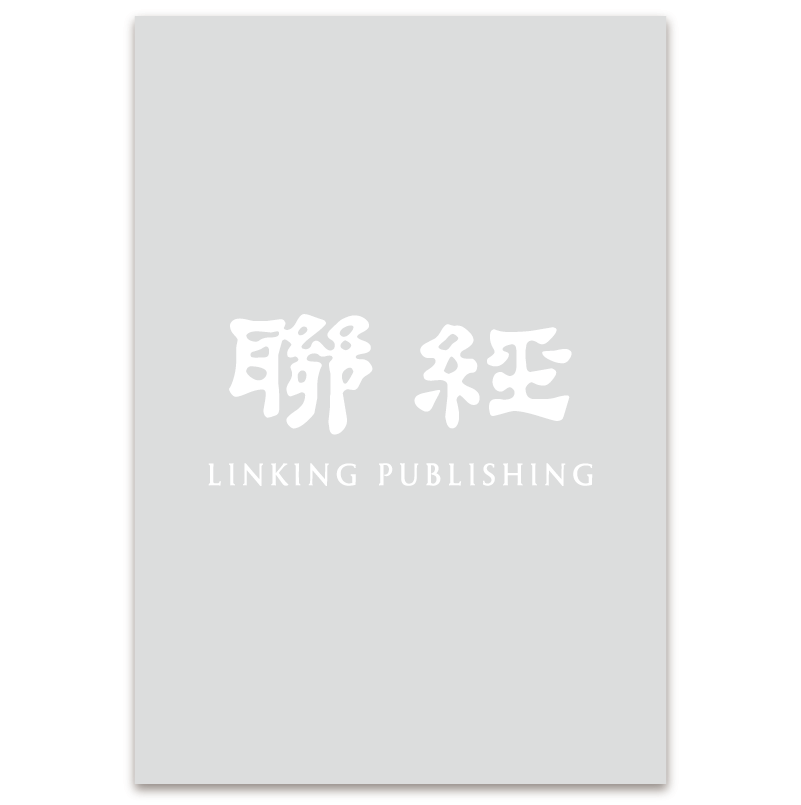
A long waited for monumental classic and a milestone of Chinese philosophical scholarship, it is by no means merely an addition to the stock of historical works on Chinese thought already in existence; nor is it merely a piece of scholarly research under-taken to meet academic
requirements. It is a book “written in blood, “to echo Nietzsche, springing out of one’s in-dwelling lived experiences. Performed as a Herculean feat, it stands alone, combining erudite scholarship with originality of insight: unprecedented, unrivalled, unique of its own kind. In a way reminiscent of Werner Jaeger’s Paideia: The Ideals of Greek Culture and Sir Richard Livingstone’s Geek Genius and Its Meaning to Us it presents the essence of Chinese philosophical tradition in such a masterful exposition as to take up the whole gamut of four major systems of thought in one sweep: ─ Primordial Confucianism, PrimordialTaoism, (Sinicized) Mahayana Buddhism, and Neo-Confucionism. It covers a span of four millenia of spontaneous, continuous growth and development from the ancient times down to the modern period. Unfolded by a manshalling hand that commands the massiveness of materials with maximum lucidity and fascility, the book itself reads like a piece of grand“thought symphony”(as W. Windelband might call it), representing thus the highest peaks of Chinesephilosophical mentality and power of vision, while directing our focal attention to a form of axiological idealism grounded on a value-centric process ontology which, in turn, culminates
in a philosophical anthropology. In method of treatment and presentation, it is at once comprehensive and succinct, expository and interpretative, critical and reconstructive, yet nevertheless authoritative throughout. Both students of Chinese thought in general and specialists alike will undoubtedly find it an excellent and indispensable guide, and even a lifelong companion book. To those who are constantly confronted with the challenging questions:“What is man?”and “What can he become?”this book provides a clue to the whole meaning of human existence as consisting in “what man is tending to be,” as R. Livingstone suggested. At any rate, it is a work of enormous importance and value, and of tremendous impact for ages to come!
作者:方東美
方東美教授(1899-1977),年輕時留美喜好實用主義哲學,後來深為柏拉圖吸引熱愛希臘哲學。抗戰時期效,他曾效法德哲菲希德告德意志同胞書,巡迴演講以激勵民心士氣;遷臺後,受印哲拉達克里希南影響,集中心力以英文論述中國哲學。
方東美教授,相信中西哲學文化、理想可以互補,曾經致力於比較希臘、近代歐洲、印度和中國的哲學與文化,可惜未能完成。
方東美教授,呼籲中國哲學回返原始儒家,並提倡宏揚《易》「生生而和諧」之旨,認為這才是最健康的生命情調。他的思想開闊,並不限於一家一派;回到古代中國哲學,也力主儒、道、墨三家思想之互補。
